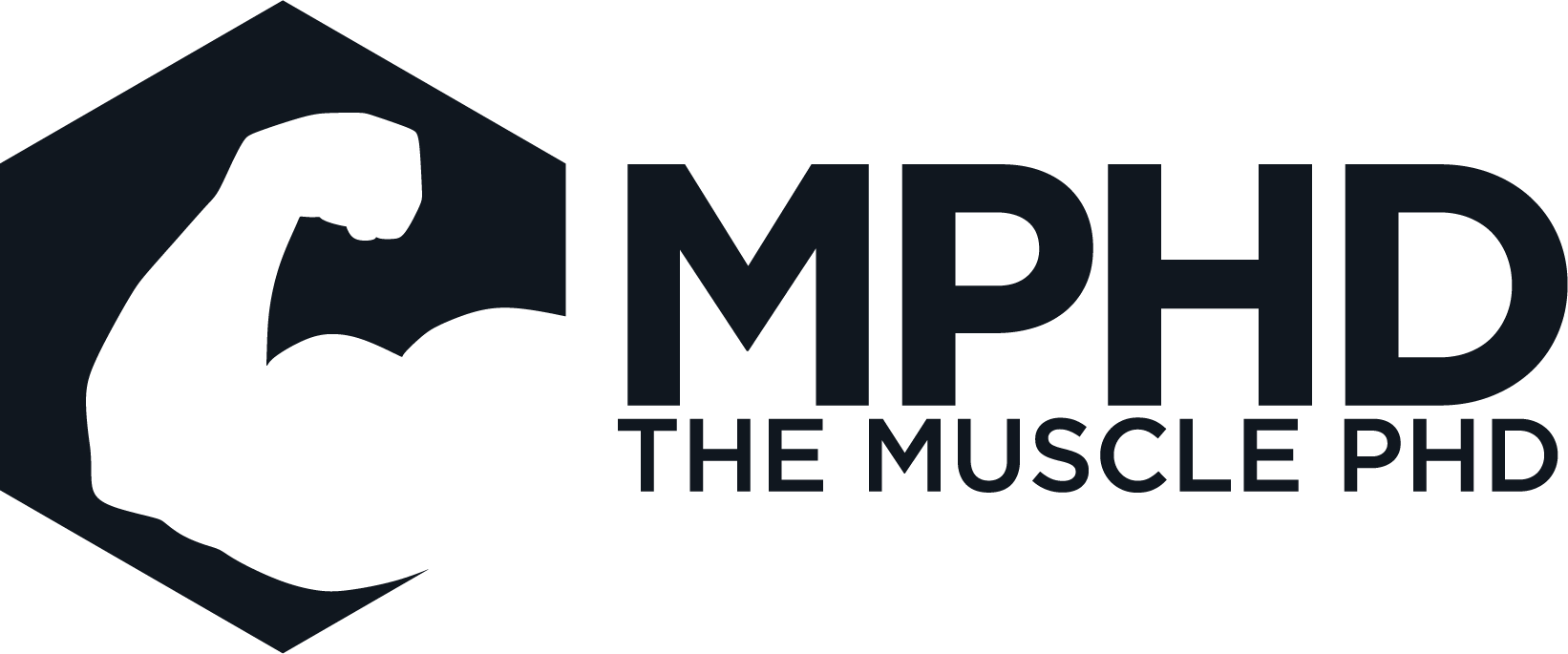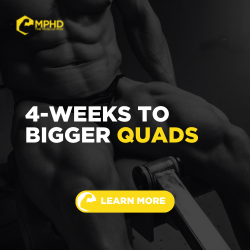If you’ve been interested in research and finding out just how far we’ve come in studying the human physique, then you’ve probably been stumped by how overwhelming research papers are!
Even if you’ve been doing research for a long time, when it comes to reading studies specifically targeting muscles, you need to have a firm process of what to do and what not to do.
If you’re interested in using the latest breakthrough studies to enhance your workouts, then congratulations, that’s how you know you’re on the right track!
There are a few things to keep in mind, but first things first.
Scientific Papers Vs. Review Papers
You need to be able to differentiate between scientific papers that have their own original research and studies that are review papers.
Review papers are essentially opinions of another researcher–it might even be someone that hasn’t done any research in two decades! It’s important to realize that anything in a review paper is an opinion, not a fact, since the writer of the paper is doing their best to interpret a lot of data.
While a scientific paper is the true gold standard you want to focus on, you have to understand the quality of the study and how it applies to you.
The Sad Truth of Research Studies

While biological science has been around for centuries, maybe even millennia, it’s a sad truth that research on strength training hasn’t even been around for half a century.
We’ve only been studying it since the 80s, and in fact, most researchers have a huge disregard for bodybuilding, even if they’re doing studies on muscle growth.
You’d be surprised just how low their standards are. Most studies take untrained or recreationally trained individuals, instead of bodybuilders. By recreationally trained we mean the type of people that ride their bikes to school or work.
And what they end up saying is that these are the “highly trained” individuals we base their studies on. Their criteria would probably be someone who could bench press one time their own bodyweight.
For bodybuilders, these people are just not that well trained; however, in those studies, these people are classified as highly resistance trained!
The Convenience Dilemma
Most researchers wouldn’t know a thing about a bodybuilder’s workout, and are probably giving their training subject a piece of paper filled with workouts they need to do around 2-3 times a week.
They might not even be giving the papers themselves, but giving it to a graduate student or a third party.
They’re not like you, somebody who’s been split training, working out 6 days a week, twice a day, in a highly intensive environment, all while eating so much that you feel like you’re gonna throw up.
So what does that tell us?
Directionality Vs. Magnitude
We can determine directionality for most training studies, however there aren’t many times where we can determine magnitude.
Because their training protocols aren’t that extreme, a bodybuilder would probably have the expertise necessary to judge whether a workout would help them gain muscle or even lose muscle.
Keep This in Mind When Reading Research Studies
There are a couple of things to keep in mind when reading a research study. First, don’t just read the abstract to find out all about the research study, because all that tells you is the result–it won’t tell you how you can apply it to yourself.
What you need to look at are things such as their subjects’ training status. Were they untrained, moderately trained, or extremely trained? To figure that out, you should look at things like their workouts used in the study. Ask yourself if their nutrition program is optimal.
Read the study design, ask yourself, is it valid? Would you grow or lose muscle while using it? And finally, read any study from your own perspective first, don’t take into account any outside opinions of anyone else.
And always remember to be humble, we’re still learning a lot every day, we haven’t even scratched the surface! Anybody that tells you, “This is as far as you go because studies said that,” tell them they’re wrong, because we still need a lot more studies.
We hope this article helped you understand how to get the most out of any research paper.









